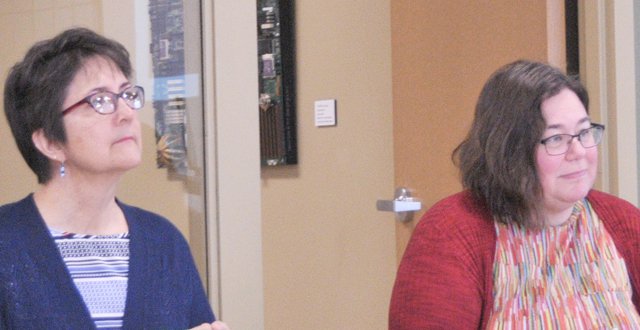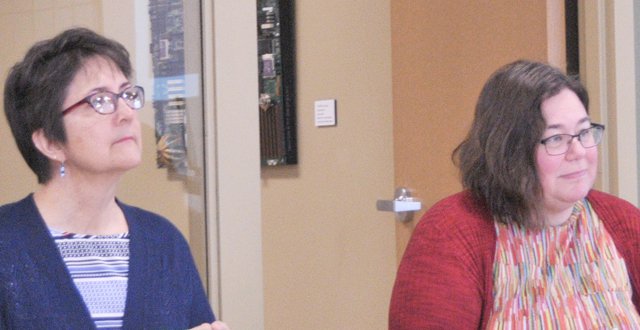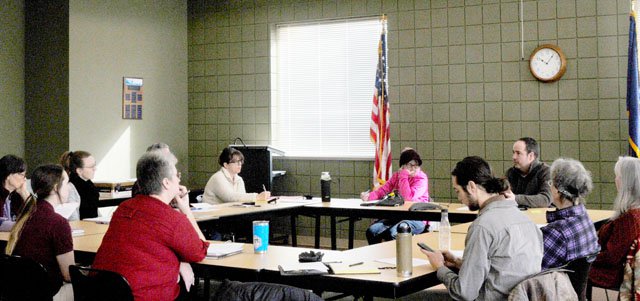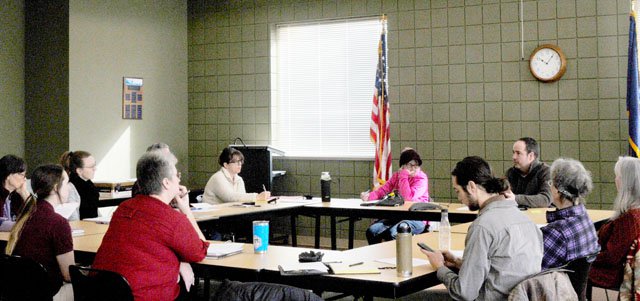CRAWFORD COUNTY - After a several-month hiatus due to COVID-19 restrictions, the Crawford County CAFO Study Group will resume meeting. The group will meet via Zoom on Wednesday, June 24, starting at 9 a.m.
To join the meeting, go tohttps://us02web.zoom.us/j/83330011904, or join by phone at 312-626-6799, meeting ID 833 3001 1904.
Invited speakers will include:
Tyler Dix and Claire O’Connell, Wisconsin Department of Natural Resources (WDNR), Wastewater Specialists, will present to the group. Dix and O’Connell will discuss Wisconsin Pollutant Discharge Elimination System (WPDES) water quality permits that CAFOs are required to apply for in order to operate.
Bob Gollnik with the Mississippi River Regional Planning Commission will discuss zoning options for regulating livestock siting.
Previous meetings
At their meeting on Tuesday, Dec. 17, 2019, the Crawford County Board of Supervisors voted 10-7 to enact a one-year moratorium on permitting of new or expanded livestock facilities with greater than 1,000 animal units. Almost 80 citizens attended the meeting to provide input to the board prior to the vote.
A CAFO Study Group was formed to hear and discuss expert input, review scientific literature, and submit a final report to the Crawford County Board by October of 2019. Members of the group include: Land Conservation Committee members Supervisor Dave Olson and local dairy farmers Kim Moret; Crawford County Conservationist Dave Troester; Crawford County Director of Public Health Cindy Riniker; Jessica Spayde of UW-Extension; CAFO Specialist Nikki Wagner; and Citizen Member Janet Widder.
At the group’s first meeting on February 19, 2020, chairperson Dave Olson clarified the study group’s mission:


Two Department of Agriculture, Trade, and Consumer Protection (DATCP) staff spoke to members of the study group at their second meeting on Thursday, March 12.
DATCP’s Jennifer Heaton-Amhrein and Lisa Trumble told group members that their best approach to protect water in the county through ordinances regulating agriculture is to cite local “scientifically defensible findings of fact.”
Standards more stringent than those dictated by statewide DATCP or DNR rules can be implemented if:
• adopted in ordinance
• based on scientifically defensible findings of fact
• justified by public health and safety
If the more strict local standards relate to water quality, then they will have to be reviewed by WDNR or DATCP. If the more strict standards relate to other matters regulated or not regulated by the statewide livestock facility siting law, there is no state review process. Matters such as restricting the method and amount of transport or land spreading of manure could be brought on appeal to the DATCP Livestock Facility Siting Review Board or be reviewed in a court action brought by an entity that decided to challenge them.
After the second meeting, the study group’s meetings were suspended in light of the COVID-19 pandemic and the ‘Safer at Home’ order.




